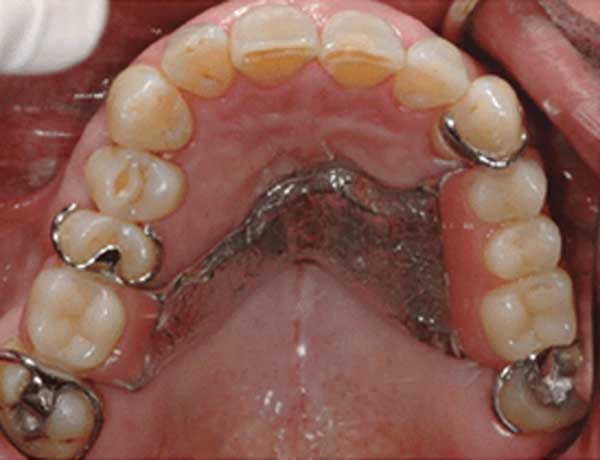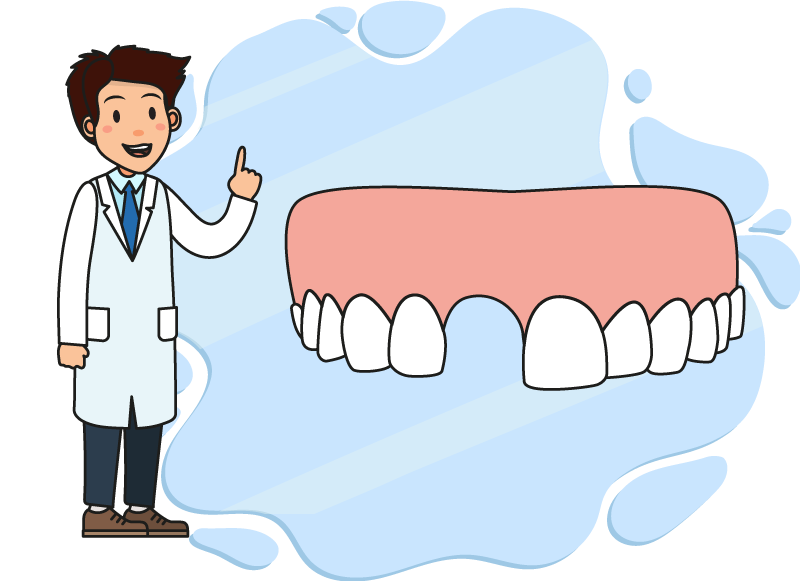
Wolf’s law (1892) states that bone remodels in relationship to the forces applied. This is concept behind astronauts requiring to exercise in space to maintain muscle mass as there is no gravity pull in space.
In our jaw, bone needs stimulation to maintain its form and density. Teeth normally transmit this force. When a tooth is lost, the lack of stimulation to the residual bone causes a decrease in bone density with a loss in external width and height of the bone volume. (Roberts WE, 1987)
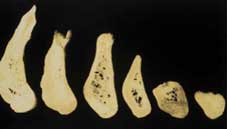

The loss of bone height in the mandible as seen in the above photo is significant, resulting in loss of function. Removable dentures replace more bone and soft tissue rather than teeth over time after multiple relines of the denture. Ill filling dentures also cause an acceleration in bone loss rather than maintaining the bone.
When we have teeth the normal biting force in the molar region is 150-250psi. This can increase to 1000psi when we grind or clench our teeth. (Howell AW, 1948)
The maximum biting force with no teeth is less than 50psi! And after 15 years of denture wearing, the bite force is reduced to 6 psi! (Carr A, 1987)
As a result of decreased biting force and instability of dentures, masticatory efficiency also decreases with tooth loss. Normally when we eat, 90% of food chewed with natural teeth can fit through a size no.12 sieve.
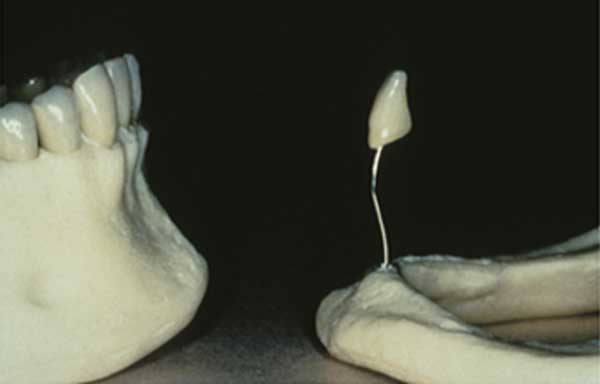
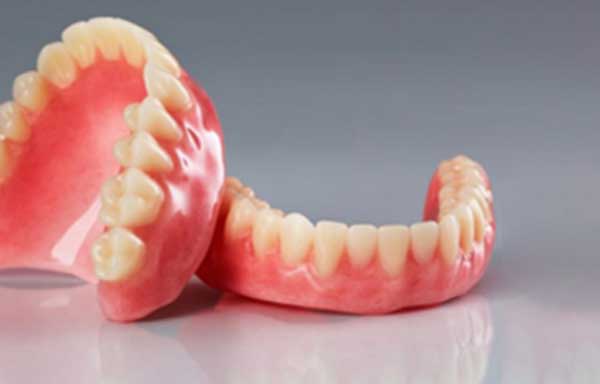
This is reduced to 58% in patient’s wearing complete dentures in a 15-year time frame.
(Rissin L, 1978) In persons with dentures, 29% are able to eat only soft or mashed foods, 50% avoid many foods, and 17% claim they eat more efficiently without the denture. As such there is a reduced consumption of high-fibre foods, which can induce gastrointestinal problems. The coarser foods may impair proper digestive and nutrient extraction functions.
A study of 367 denture wearers (158 men and 209 women) found that 47% exhibited a low masticatory performance (Misch LS, 1991). Lower intakes of fruits, vegetables, and vitamin A by women were noted in this group. These patients took significantly more medications (37%) compared with those with superior masticatory ability (20%), and 28% were taking medications for gastrointestinal disorders.
Psychologically, complete tooth loss also has a large impact. Many people feel their social and romantic life is significantly affected. 88% claim difficulty with speech, and 25% claim significant problems. There is dissatisfaction with appearance and low self -esteem.
Removable partial dentures have one of the lowest patient acceptance rates.
A 44-year Scandinavian study revealed that only 80% of patients were wearing such dentures after 1 year. The number further decreased to only 60% of the free-end partial dentures worn by the patients after 4 years.
The partial dentures require the use of metal clasps to hook on to the natural teeth to gain retention of the denture.

